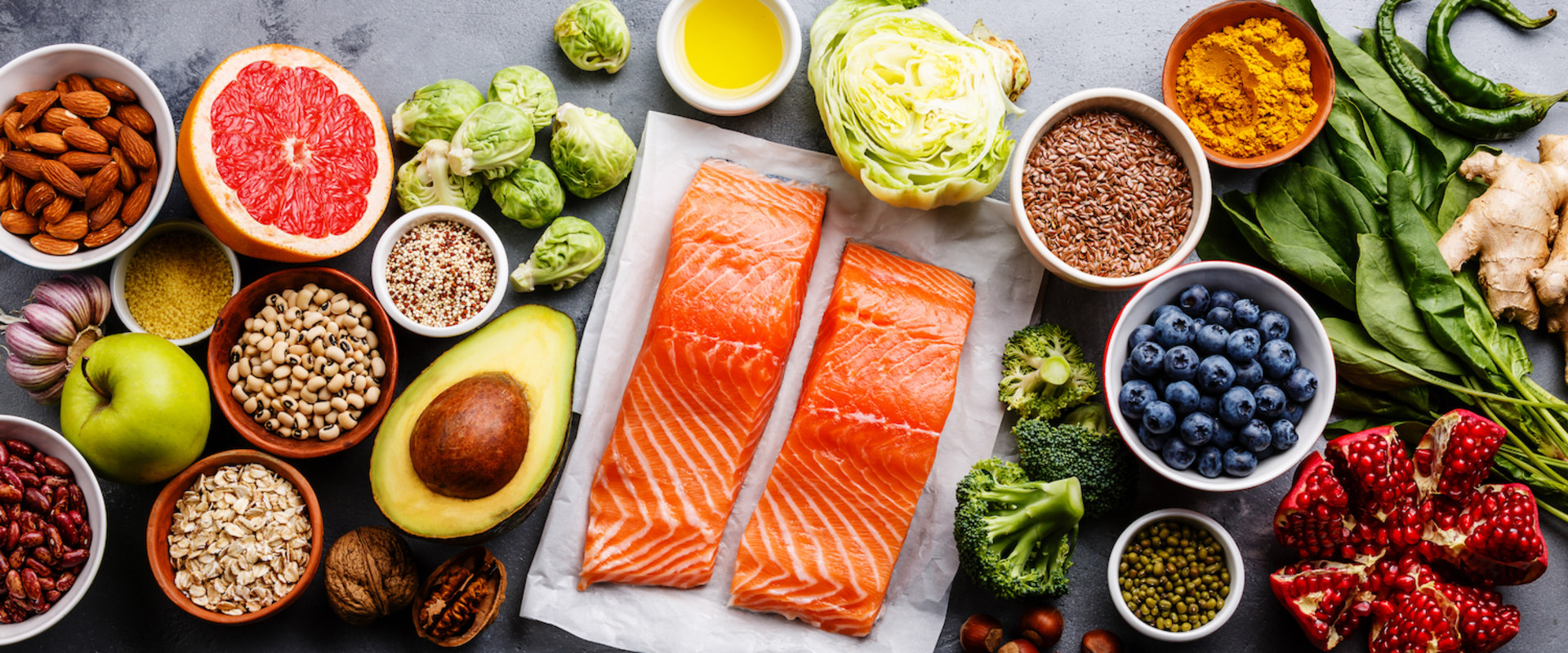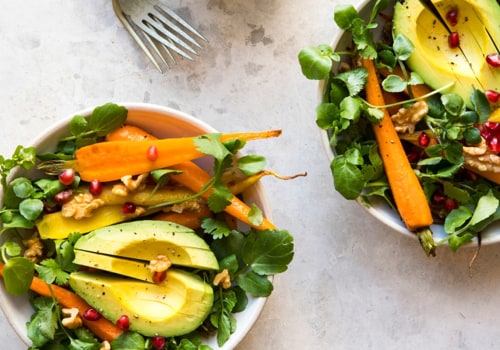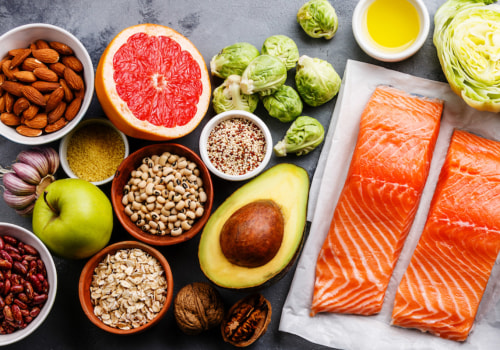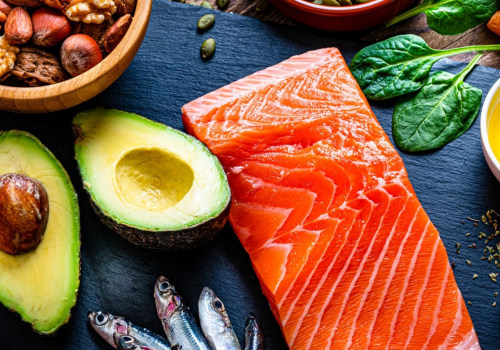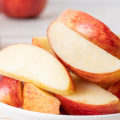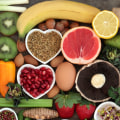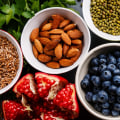It may not be the best addition to a conversation, but it is certainly the perfect complement to many recipes, such as this garlic risotto. These include broccoli, Brussels sprouts, cabbage, cauliflower, collard greens, kale, rutabaga, mustard greens, radishes and turnips. They are an excellent source of fiber, vitamins and phytochemicals, including indoles, thiocyanates and nitriles, which may prevent some types of cancer. Fermented foods, such as yogurt and kimchi, ranked first, probably because of their immune-boosting and gut-boosting benefits.
According to researchers at the Stanford School of Medicine, a diet rich in fermented foods increases microbiome diversity and improves immune responses. For more fermented foods, try homemade creamy yogurt or cabbage pies with kimchi. It's very likely that you haven't heard of Mankai, also known as the smallest vegetable in the world. I'm sure I didn't know anything about this little superfood until Samina Kalloo, RDN, CDN, director of nutritional communication at Pollock Communications, gave me an idea of its power to store proteins and vitamins.
Despite its small size, Mankai has all nine essential amino acids, vitamin B, iron and more than 60 nutrients, Kalloo says. You and your SO,. Turmeric, a spice you probably already have in your closet, can reduce inflammation, improve memory, reduce the risk of some chronic diseases and combat free radicals (also known as those that contribute to aging), Kalloo says. You might be familiar with tahini if your nighttime cravings include hummus and pita chips.
Tahini, a main ingredient in hummus made from ground sesame seeds, originates in the Middle East, but has made its way into the aisles of Trader Joe's and Whole Foods. It can be a little disconcerting to figure out what exactly to do with pomegranates or seeds. But its health benefits definitely outweigh any lingering confusion you may have. As an inexhaustible source of antioxidants, pomegranate seeds can protect cells from damage and help prevent diseases, says Golub.
They are abundant in fiber, which helps digestion, in addition to containing vitamin C, vitamin K and folic acid, says Golub. In fact, research could confirm that “an apple a day keeps the doctor away.”. So, here's a list of 10 easy-to-eat and easy-to-find everyday superfoods that make eating healthy simple and delicious. All berries are great sources of fiber, a nutrient that most Americans don't get enough of.
Fiber helps keep your digestive system healthy and functioning properly, makes you feel full and is good for your heart. All berries are good for you, so be sure to mix them. In winter, when berries are not in season, take frozen berries (without sweeteners) and use them in smoothies, oatmeal or even thawed in yogurt. Raspberries (one of the best breakfast foods for weight loss) have the most fiber (8 grams per cup) and also contain ellagic acid, a compound with anti-cancer properties.
The same amount of blueberries has half the fiber (4 grams), but is packed with anthocyanins, antioxidants that can help keep your memory sharp as you age. A cup of strawberries contains 3 grams of fiber, but more than the recommended dose for a full day of skin-firming vitamin C. Oats are a breakfast staple and a real superfood. Eating more oatmeal is an easy way to increase fiber intake and makes for a filling breakfast.
In addition, oats are a whole grain and natural oats have no added sugar. For a superfood meal or snack, start with plain oatmeal and turn it into things like blueberry oatmeal pies, homemade granola to enjoy with fruit and yogurt, or homemade energy snacks with peanut butter. Yogurt contains probiotics, or good bacteria, that help keep our intestines healthy. Just 1 cup of yogurt provides almost half of the recommended daily value of calcium and provides phosphorus, potassium, zinc, riboflavin, vitamin B12 and proteins.
Choose Greek-style yogurt to increase protein even more and, whenever possible, opt for the natural one. Flavoured yogurts tend to have a lot of added sugar, adding calories without needing to nourish. While superfoods may not have a quantifiable definition, foods labeled as such are healthy enough to be eaten every day. Superfoods aren't just delicious, they're packed with health-boosting nutrients and antioxidants.
So, top the oatmeal with berries, add sweet potatoes to a bowl of cereal, eat some nuts as a snack, and take advantage of the benefits of superfoods every day. . .
